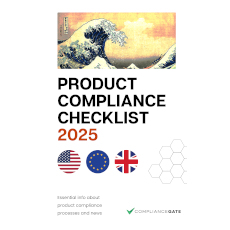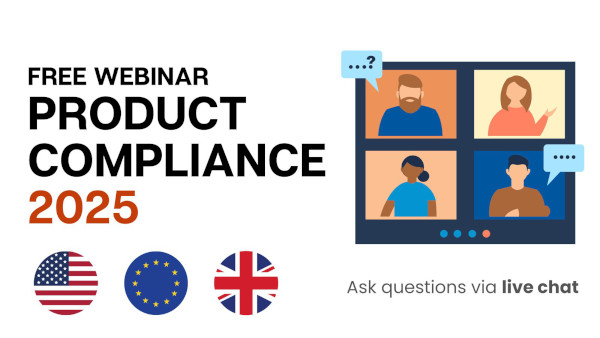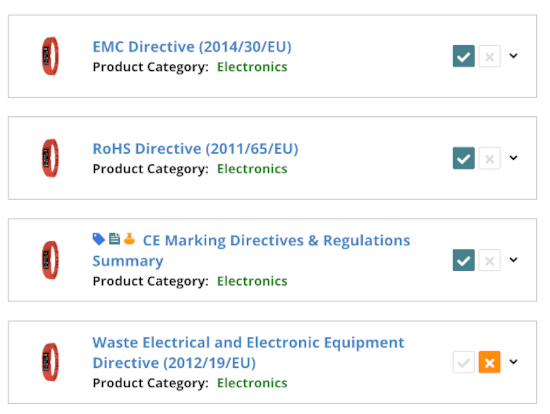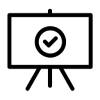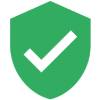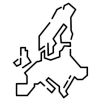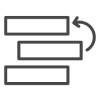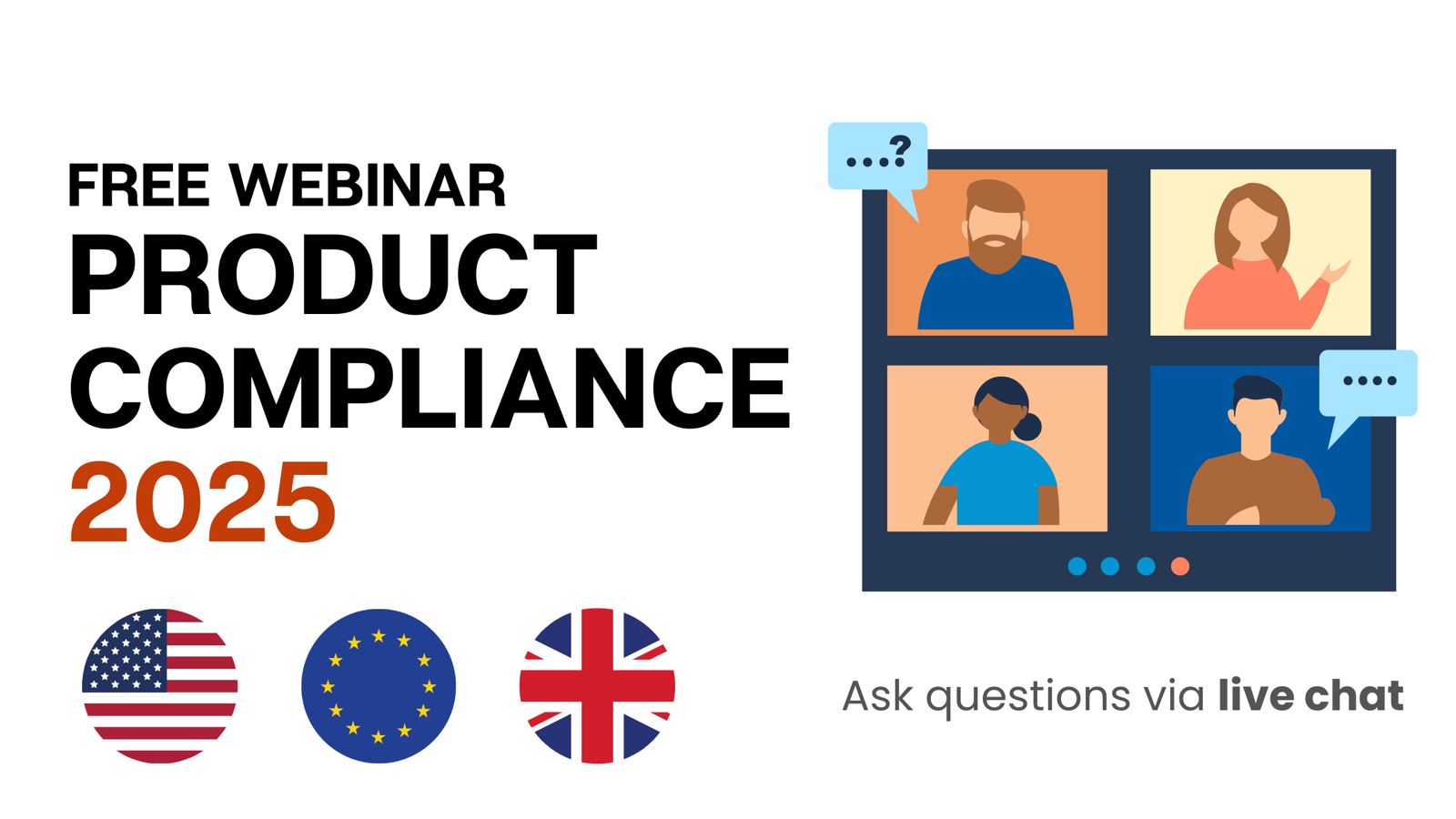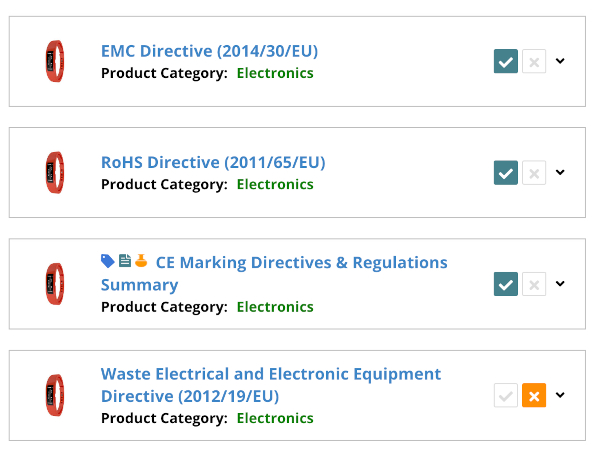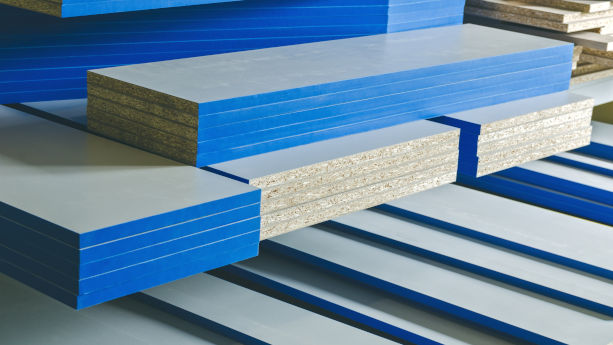
TSCA certification is required for some products that fall under the scope of the Toxic Substances Control Act (TSCA) in the United States. Further, certain chemicals also require the drafting of a positive or negative certificate – depending on the type of chemical.
In this guide, we explain what importers and manufacturers must know about TSCA certification – depending on whether it concerns finished goods (articles) or chemical substances.
Content Overview

FREE CONSULTATION CALL (US, EU & UK)
- Request a free 30-minute call with Ivan Malloci to learn how we can help you with:
- Find product requirements
- Certification and labeling
- Lab testing
What is a TSCA certificate?
A TSCA certificate can be either of the following two:
a. A statement issued by the importer of chemical substances to clarify that the imported items comply with the TSCA rules or are exempted by the TSCA.
b. A document issued by a third-party certifier (TPC) that is recognized by the EPA (Environmental Protection Agency), for articles that fall under the scope of the act (e.g. wood composite products)
Composite Wood Products Certification
Importers of composite wood products must apply for a TSCA certification with a TPC. The application must include information such as:
- Product contact information
- Quality control manual
- Product information
- Test report
The TPC will review the application and issue the certification if it deems the documentation to be valid.
Chemicals
There are two types of TSCA certificates for chemicals:
Positive certification
A positive certification is a statement drafted by the importer clarifying that the chemical substances comply with applicable TSCA rules or orders, such as:
a. TSCA section 5(e) order, which covers requirements and restrictions on chemicals’ releases to water, air, land; recordkeeping; and more
b. TSCA section 5(f) rule, which includes restrictions such as a limit on the amount of manufactured, processed, or distributed chemicals
The statement should be written as follows:
“I certify that all chemical substances in this shipment comply with all applicable rules or orders under TSCA and that I am not offering a chemical substance for entry in violation of TSCA or any applicable rule or order thereunder.”
Negative certification
A negative certification is a statement drafted by the importer clarifying that the chemicals are exempted by or not subject to the TSCA.
The statement should be written as below:
“I certify that all chemicals in this shipment are not subject to TSCA.”
Note that the TSCA certification does not apply to chemicals that are part of articles unless required by a specific rule under TSCA (e.g. TSCA regulates the level of formaldehyde in composite wood products).
Which articles require TSCA certification?
As mentioned in the previous section, the TSCA certification does not apply to chemicals that are part of articles, unless it is ruled by a specific order under the TSCA.
Currently, the only rule concerning certification for articles covers formaldehyde emission in composite wood products. The TSCA requires that importers of composite wood products must obtain the certification according to the TSCA Title VI requirements, which demonstrates that the products comply with the formaldehyde emission standards.
Here are some examples of composite wood products that are subject to TSCA Title VI rules:
- Hardwood plywood panels
- Particleboards
- Medium-density fiberboards
- Thin-medium density fiberboards
Which chemicals require TSCA certification?
In general, chemicals should have a TSCA certification, either positive or negative, at the point of importation to the United States. Importers of new chemicals, meaning chemicals that are not recorded by the TSCA Inventory List, are required to submit a Pre-Manufacturer Notification (PMN).
How do I obtain a TSCA certificate?
A TSCA certificate is a self-issued statement by the importer of chemicals. Importers are required to show the TSCA certificate (either positive or negative) to the customs at the point of import. The form shall include information such as:
- Chemical name
- Chemical Abstracts Services (CAS) Registry Number (if available)
- Applicant’s signature
- Applicant’s contact number
- Applicant’s address
Meanwhile, importers of wood contact products must fill in an application, in order to obtain a certification.
Composite wood product certification
The TSCA requires that importers of composite wood products must obtain certification before they are permitted to sell such products in the United States. Importers must apply for the certification from a third-party certifier (TPC) that is approved by the TSCA. Applicants should provide the following information to the TPC (not an inclusive list):
a. Panel producer’s contact information, including name, address, telephone number
b. Panel producer’s quality control manual as required by Part 770.21(a)
c. Name and contact information for the panel producer’s quality control manager
d. Product identification for which certification is requested, and the resin system used in panels
e. Test records and results according to:
- ASTM E1333-14 Standard Test Method for Determining Formaldehyde Concentrations in Air and Emission Rates from Wood Products Using a Large Chamber, or
- ASTM D6007-14 Standard Test Method For Determining Formaldehyde Concentrations In Air From Wood Products Using A Small-Scale Chamber
Chemicals
Before issuing a certification, importers of chemicals must comply with applicable TSCA rules and orders, which might involve procedures such as:
- Testing
- Premarketing notification
- Reporting
- Recordkeeping
- Distribution and use restrictions
- Restrictions on releases to water, air and/or land
- Use of worker personal protective equipment
Is lab testing required before I can obtain a certificate?
For composite wood panels, the TSCA requires that such products must be lab tested and obtain a TSCA Title VI-compliant certification before they are permitted to be sold in the US.
For chemicals that are subject to TSCA, lab testing might be required before importers self-issue a positive certification.
Composite wood product certification
As explained above, composite wood products must be tested by a TSCA-recognized third-party certifier and receive certification before they are permitted to be sold in the US. The test methods include:
- ASTM E1333-14
- ASTM D6007-14
- ASTM D5582-14
Chemicals
If chemicals are subject to TSCA rules, importers must certify that imported chemicals comply with TSCA and self-issue a positive certificate. This might involve or require lab testing of the substances.
If the chemicals are not subject to or exempted by TSCA, importers are not required to conduct lab testing, but must still self-issue a negative certificate.
How much does it cost?
The test fee for composite wood products is around a few hundred dollars to more than a thousand. There might also be an additional fee concerning the review of the application form and the issuance of the certification by a TPC.
According to the EPA website, the fee for testing chemicals might amount to USD 11,000+, when subject to a test order. Companies that meet the criteria for a “small business concern” receive an 80% discount.
Service providers
Below we introduce some companies that provide certification services for composite wood products and chemicals according to the TSCA requirements.
UL Environment
UL Environment is a division of the Underwriters Laboratories, headquartered in the United States. It has been recognized by the EPA as a TSCA Title VI Third-Party Certifier (TPC). Its laboratories are able to provide formaldehyde testing and certification services to composite wood importers, manufacturers, and suppliers.
SGS
SGS is a leading lab testing company founded in the 19th century in France. The company provides a wide variety of services, including testing and certification services according to the requirements of the Toxic Substances Control Act (TSCA).
SGS’s TSCA testing services also cover the detention of 5 PBTs (persistent, bioaccumulative, and toxic) chemicals restricted by the TSCA on raw materials and end products.
Intertek
Intertek is a product lab testing, inspection, and certification company that offers one-stop solutions for compliance with the Toxic Substances Control Act (TSCA), including testing, SNURs, and certification services.


